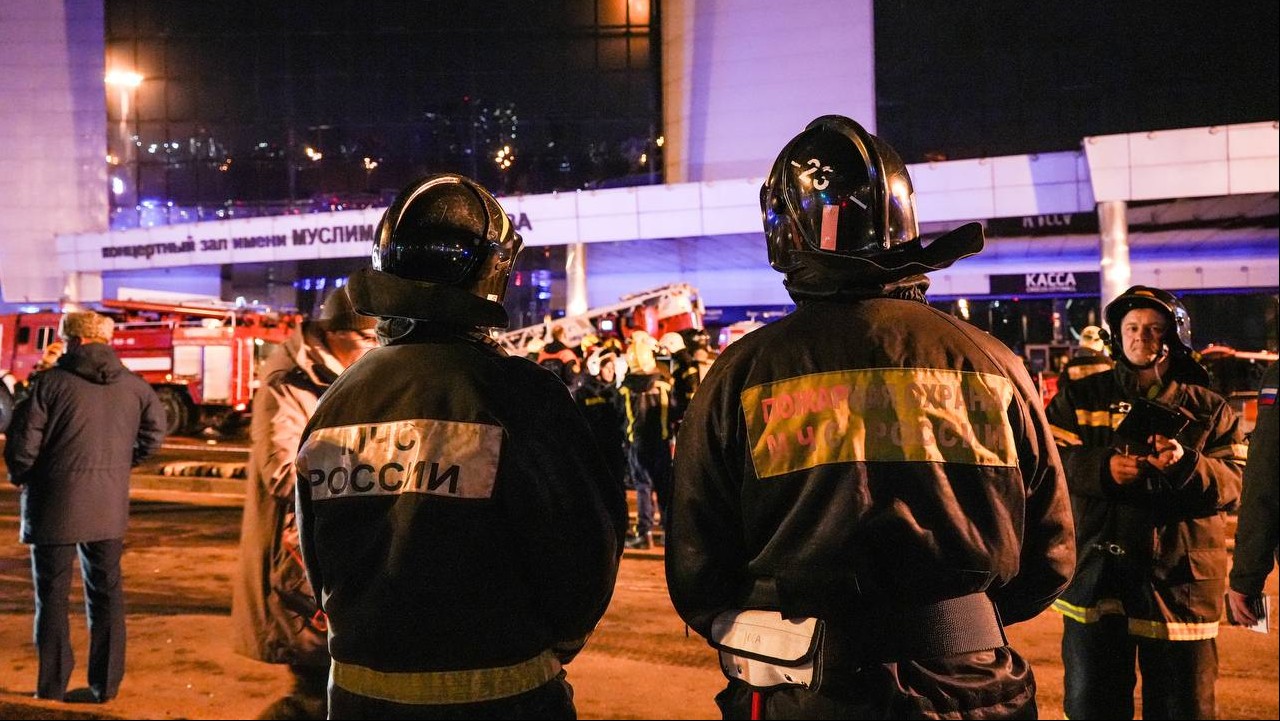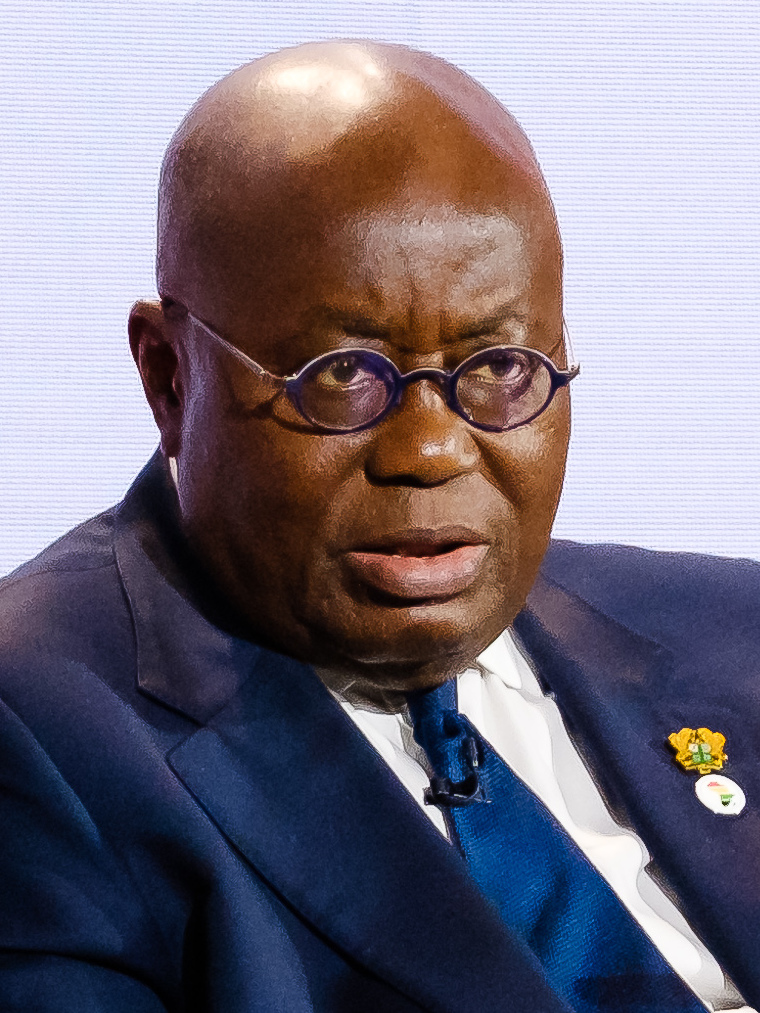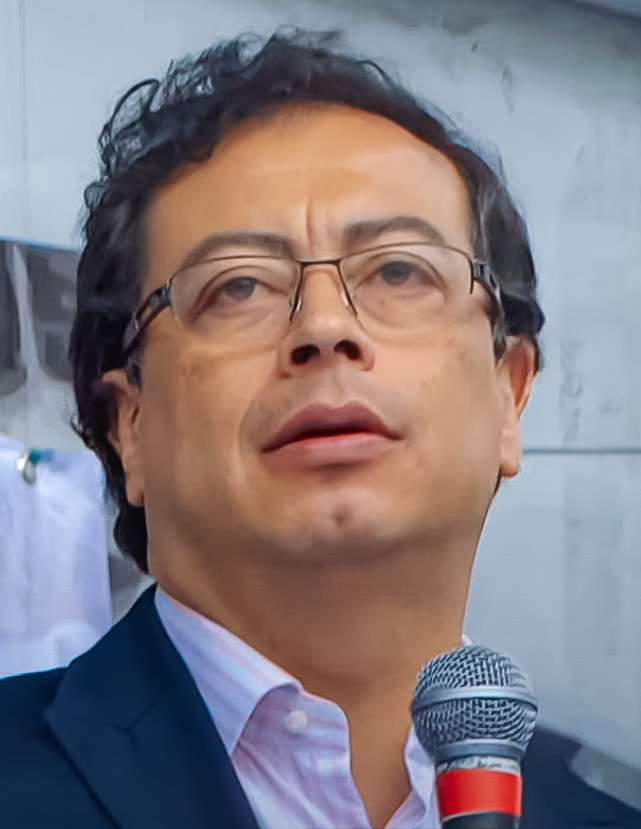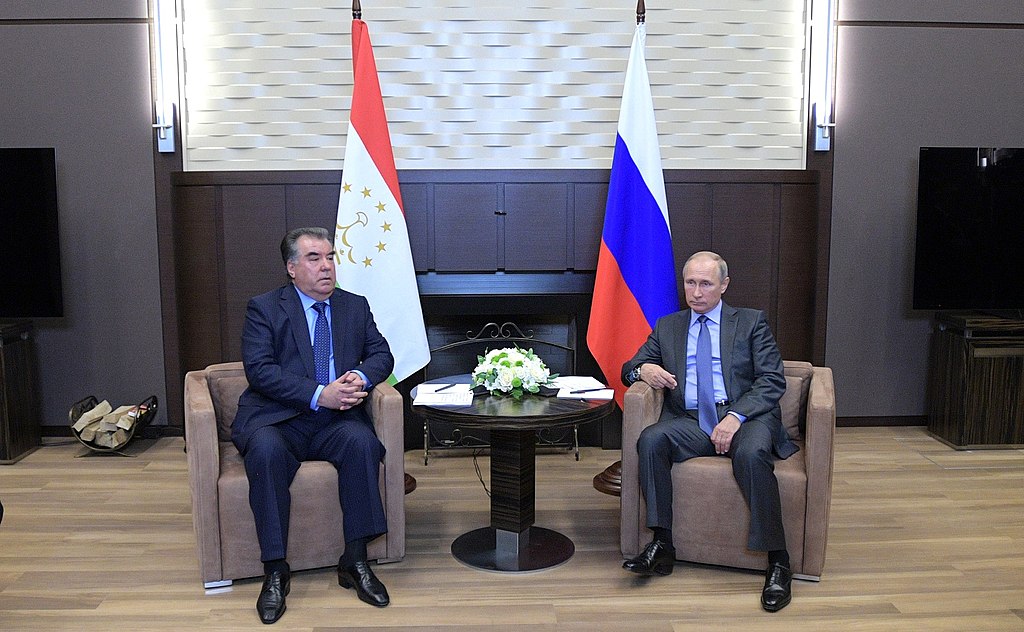
Russian Ministry of Emergency firefighters standing outside Moscow’s Crocus City Hall, site of a March 2024 terrorism attack.
In June, the FSB’s director, Aleksandr Bortnikov, revealed that the agency had prevented a total of 134 acts of terrorism and sabotage in central Russia alone since the outbreak of the conflict between Moscow and Kiev in February 2022. The country’s security agencies have also dismantled 32 international terrorist cells operating in the country over this period, he stated.
Russia’s Investigative Committee and the Federal Security Service (FSB) announced in early August it had foiled a plot by two Russian religious preachers to recruit fighters of the Islamic State (formerly ISIS) to carry out terrorist attacks inside the country. The plan was to enlist 19 Russian nationals living in the Tyumen region to join a jihadi movement in Syria. According to the excerpted article in the pro-Kremlin Russian news site RT, one of the suspects made public statements condoning terrorism and they urged Russians to send donations to ISIS, which violates Russian laws on material support of terrorism.
This comes amid a new report by the Interior Ministry of the highest number of terrorist crimes in Russia recorded in over two decades, as reported in the second excerpted article, also published by RT. Between January and June of 2024, some 1,651 crimes were reported, a nearly 40 percent spike over the same period the previous year. In June the director of the FSB, Aleksandr Bortnikov, announced that his agency had foiled 134 acts of terrorism or sabotage this year in central Russia alone, as well as 32 international terrorist cells operating in the country. Even a youth wrestling coach born in Tajikistan was arrested in July for suspicion of abetting terrorist groups.[i] The following month, Ukrainian forces launched an incursion into Russia’s Kursk region, what constituted, according to Russia’s Ministry of Foreign Affairs, “acts of terrorism.”[ii] Prior to that, last March, one of the deadliest terror attacks in Russia’s history occurred, after four gunmen shot up a concert venue outside Moscow, killing 145, before setting the building on fire. The gunmen were linked to a terrorist outfit known as Islamic State-Khorasan.
The rise in jihadi attacks is due to several factors, including an overextension of Russia’s roughly 360,000-strong Rosgvardiya, or Russian National Guard, a number of whom were carrying out rear-guard missions in Ukraine even before the latest incursion into Kursk.[iii] The ability to respond to Ukrainian operations and simultaneously address Islamist extremist groups will stretch the Rosgvardiya and Russia’s domestic intelligence services even further.
Sources:
“ISIS recruiters arrested in Russia – security officials,” RT (formerly Russia Today, a Kremlin-back news outlet), 5 August 2024. https://www.rt.com/russia/602155-isis-recruiters-arrested-siberia/
The arrest warrants were executed in Tyumen Region in Western Siberia, Russia’s Investigative Committee and the Federal Security Service (FSB) jointly reported. The two individuals are accused of committing crimes between February 2015 and November 2022.
According to investigators, the pair convinced 19 people living in the region to join jihadists in Syria. One of the suspects allegedly made public statements condoning terrorism. Both urged people to send donations to IS, which amounted to material support of terrorism under Russian law, the statements claimed. Footage released by the FSB indicated that the suspects did not resist arrest. Neither agency has named them.
IS originated from radical Islamist forces in Iraq and came to international prominence after gaining strength in 2014, when it capitalized on the lack of security in the country as well as the turmoil in neighboring Syria. The jihadists’ lightning offensive that year allowed them to capture Mosul, Iraq’s second-largest city, as well as large swathes of territory in Syria.
The group has since been largely defeated militarily and fractured under local and international pressure, though some splinters remain active, particularly in Afghanistan. Terrorist cells affiliated with IS remain a threat in southern parts of Russia.
“Russia reports record level of terrorism,” RT, (formerly Russia Today, a Kremlin-back news outlet), 3 August 2024. https://www.rt.com/russia/602085-russia-terrorism-crimes-surge/
According to a document posted to the ministry’s official website earlier this week, 1,651 crimes classified as terrorism were recorded in the country in January-June 2024, a nearly 40% increase over the same period in 2023. The ministry noted that for the same period from 2006 to 2023, the figure did not reach 1,400. The previous record high was registered in the first half of 2022, when 1,332 terrorism-linked crimes were recorded.
Crimes associated with extremist activities have also reached a record high. From January to June, 819 such crimes were registered, a nearly 12% increase year-on-year. This figure had not surpassed 800 since 2018.
Crimes designated as terror-linked in Russia include making preparations for carrying out a terrorist attack, public calls for terrorism and justification of terrorism, as well as hostage-taking. Extremist crimes include those committed on the basis of political, ideological, racial, national or religious hatred, or enmity towards any social group.
Russia’s Federal Security Service (FSB) routinely makes public information on foiled terror plots, often describing the suspects as people linked with either Islamist terrorist groups or Ukrainian nationalists or collaborators.
In June, the FSB’s director, Aleksandr Bortnikov, revealed that the agency had prevented a total of 134 acts of terrorism and sabotage in central Russia alone since the outbreak of the conflict between Moscow and Kiev in February 2022. The country’s security agencies have also dismantled 32 international terrorist cells operating in the country over this period, he stated.Russia saw one of the deadliest terror attacks in its history this past March, when four gunmen went on a shooting rampage at the Crocus City Hall concert venue outside Moscow. The attackers shot everyone in sight before setting the building on fire. The tragedy left 145 people dead and over 500 injured. A terrorist organization known as Islamic State-Khorasan (ISIS-K) claimed responsibility for the attack, but the FSB has alleged that Kiev was behind the massacre, possibly using Islamists as proxies.
Notes:
[i] “Russian youth wrestling coach changed with terrorism offenses,” RT, 4 July 2024. https://www.rt.com/russia/600432-russian-wrestling-coach-terrorism/
[ii] “Foreign Ministry Spokeswoman Maria Zakharova’s comment on events around Ukraine,” Ministry of Foreign Affairs of the Russian Federation, 14 August 2024. https://mid.ru/en/foreign_policy/news/1965546/
[iii] Mark Galeotti, “In Moscow’s Shadows,” Episode 153: Geopolitics, Nepotism, Terrorism, and Sabotage, 30 June 2024. https://inmoscowsshadows.buzzsprout.com/1026985/15334481-in-moscow-s-shadows-153-geopolitics-nepotism-terror-and-assassination-all-the-nice-things
Image Information:
Image: Russian Ministry of Emergency firefighters standing outside Moscow’s Crocus City Hall, site of a March 2024 terrorism attack.
Source: https://commons.wikimedia.org/wiki/File:2024_Crocus_City_Hall_terrorist_attack_5.jpg
Attribution: Пресс-служба Губернатора Московской области (Press Office for Governor of Moscow Oblast)



